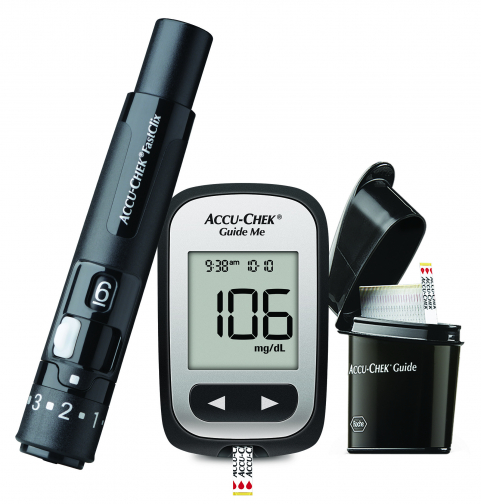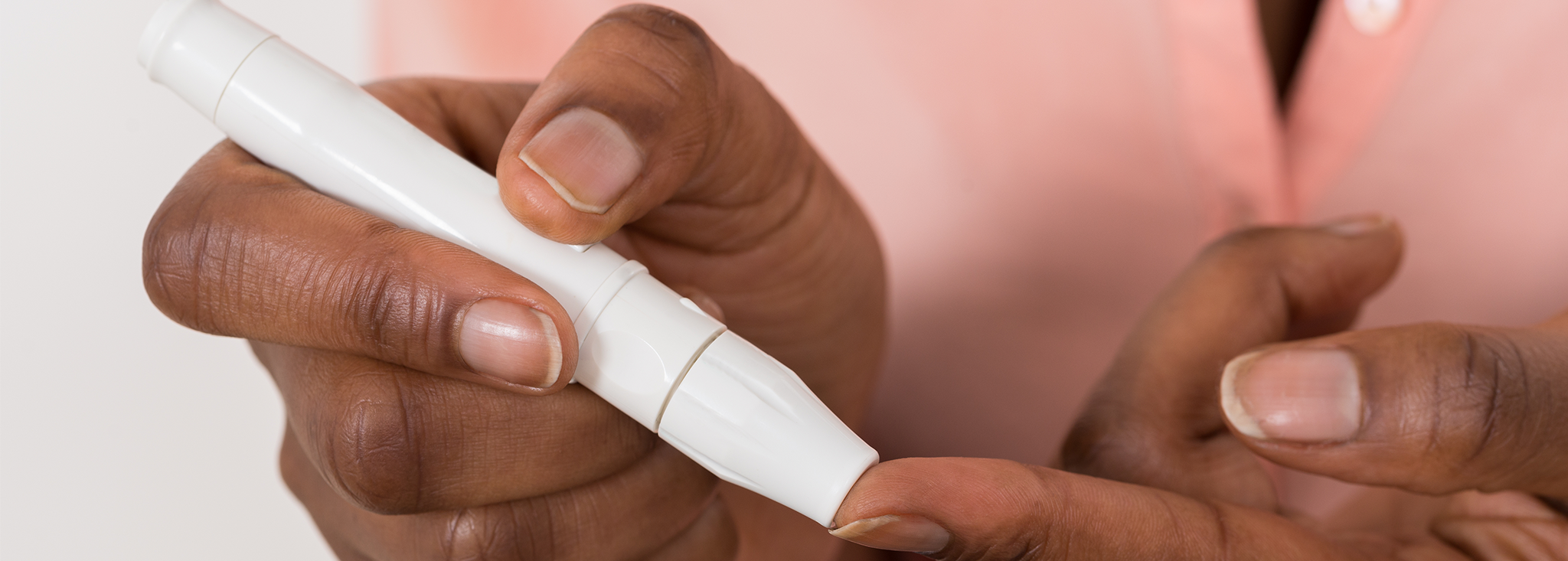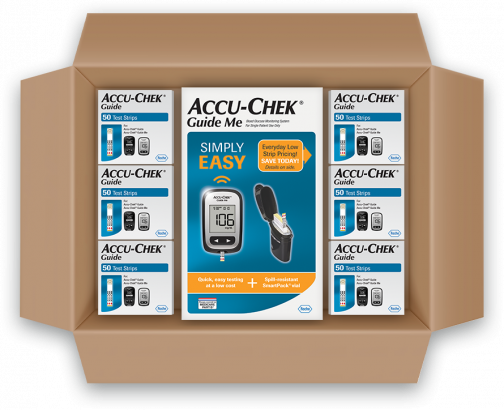5 Ways to Overcome Blood Sugar Testing Anxiety
We’ve all heard it before—it’s important to test our blood sugar to manage type 2 diabetes. That makes sense, right? We need to know our blood glucose numbers in order to make the necessary adjustments to our diet, exercise routine, and identify any other stressors that impact them. Also, research suggests self-monitoring of blood glucose improves glycemic control, particularly in people with type 2 diabetes who aren’t treated with insulin. This improved control lowers the risk of diabetes-related complications. And, after all, you can get a reading on your blood glucose meter in just a few minutes.
So, if we know that…
Why is there anxiety around blood sugar testing?
 We decided to ask the people who can tell us best: people with type 2 diabetes, themselves. In a post about blood testing anxiety and stress on the Beyond Type 2 Instagram and Facebook page, members of our community responded with a number of reasons why they’re anxious checking blood sugar. One member said she has “the worst anxiety pushing the button on her lancet.” The fear of lancet needles, which can be a result of needle phobia, the pain associated with testing and the fear of drawing blood are associated with worse glycemic control, especially among patients who are on insulin who are instructed to test regularly.
We decided to ask the people who can tell us best: people with type 2 diabetes, themselves. In a post about blood testing anxiety and stress on the Beyond Type 2 Instagram and Facebook page, members of our community responded with a number of reasons why they’re anxious checking blood sugar. One member said she has “the worst anxiety pushing the button on her lancet.” The fear of lancet needles, which can be a result of needle phobia, the pain associated with testing and the fear of drawing blood are associated with worse glycemic control, especially among patients who are on insulin who are instructed to test regularly.
Another said that they’re hesitant to test their blood sugar if they know they’ve eaten something that will make their numbers high. Sometimes just knowing the potential meter reading can cause stress and anxiety, commented another Beyond Type 2 follower. William Polonsky, PhD., CDE, once wrote blood glucose monitoring can serve as a reminder diabetes is always there, which is stressful.
Not all anxiety comes from the fear of needles or worries about the reading on the meter. The financial implications play a role, too. Test strips and lancets are costly. If you’re a person who needs or wants to check your blood sugar frequently, worries about replenishing your lancet and strip supplies can keep you from doing it.
Diabetes can be unpredictable. Sometimes, we can give our best efforts to stick to a routine and diabetes still “does what it wants.” One reader described, “I can do the same exact thing every single day and get a different reading. But at the same time, I know I’m taking care of myself by testing.”
And our loved ones? While they want what’s best for us, it can be bothersome if they get a peek at our numbers and ask questions about our diabetes care we’d rather not answer or give unsolicited advice about our lifestyle.
5 Ways to Overcome Blood Sugar Test Anxiety
Fortunately, anxiety can be overcome by thinking about testing your blood sugar differently and the readings your meter displays. Here are five tips to consider:
It’s Just a Number
Understand there are no “good or bad” blood sugar numbers. We know—it’s hard to reconcile with this concept. People with diabetes are often commended when their readings are “good” and reprimanded when they’re “bad.” But your readings are just a number — a data point to help you determine how you should adjust your routine. As one commenter on our social media posts put it, “I reframe it as it is what it is. It is a purely educational tool and behavior modification.”
Ask for Help, but Set Boundaries
If you’re struggling with checking your blood sugar, ask a loved one to help you. For example, one of our readers overcame her anxiety by having her significant other push her finger on the lancet to help her get used to the feeling of testing on her own. However, while you’re asking for help, be sure to make it known you’re in charge of your diabetes, no matter the result displayed on your meter.
Consider a Diabetes Supplies Subscription Service
Subscription services can help you save money than buying them directly from the pharmacy. Companies, such as Accu-Chek, offer products such as meters and test strips, in which customers can buy a bundle and have them delivered to their homes each month.
Try New Equipment
Are you using the monitoring devices that are right for you? William Polonsky recommends changing lancets or adjusting the depth of penetration if your fingers are bruising or if testing is too painful.
Find Peer Support
There are plenty of people with diabetes online and in-person who can relate to your experiences. Reach out to individuals who may have tips for reducing the anxiety and stress of blood glucose testing.






